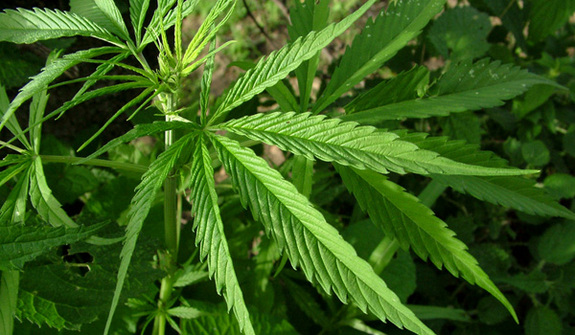New Mexico could soon become one of the next states to eliminate the criminal penalties associated with the possession of marijuana.
Earlier last week, the Senate approved a measure (Senate Bill 258) in a vote of 33-to-9 aimed at decriminalizing marijuana across the state. The proposal, introduced by Senator Joseph Cervantes, would no longer make it a criminal offense to be caught in possession of up to a half ounce of weed. Instead, police would simply issue the offender a $50 fine – but there would be no jail time and no criminal record.
As it stands, anyone busted in New Mexico with up to an ounce of marijuana can be charged with a criminal misdemeanor – an offense that has been known to send people to jail for up to a year.
Although the original language of the proposal was intended to decriminalize up to an ounce of the herb, Senator Moores, who wanted to make sure the proposal only reduced the “penalties for people using marijuana for their own personal use,” amended the bill on the Senate floor.
“Individuals selling and distributing marijuana would still face the same penalties they do today,” Moores said in a statement. “In no way does this bill lessen those penalties.”
Senator Cervantes introduced a similar measure back in 2015, but the House of Representatives ultimately sabotaged that attempt after it won narrow approval in the Senate. The new bill is now on its way to the House for consideration, but it remains to be seen whether lawmakers there will allow this modest reform to see the light of day.
Senator Cervantes hopes the lower chamber will see the benefit of this measure for the entire state.
“Adopting financial civil penalties for small amounts of marijuana for personal use would be a major step forward for criminal justice reform in our state,” he said. “This bill alone would free up dollars that are better spent by law enforcement agencies and courts on more pressing public safety needs.”
There are now 21 states and the District of Columbia with marijuana decriminalization laws on the books – giving way to around 120 million citizens who live in jurisdictions without criminal penalties for pot possession, according to the Drug Policy Alliance.











